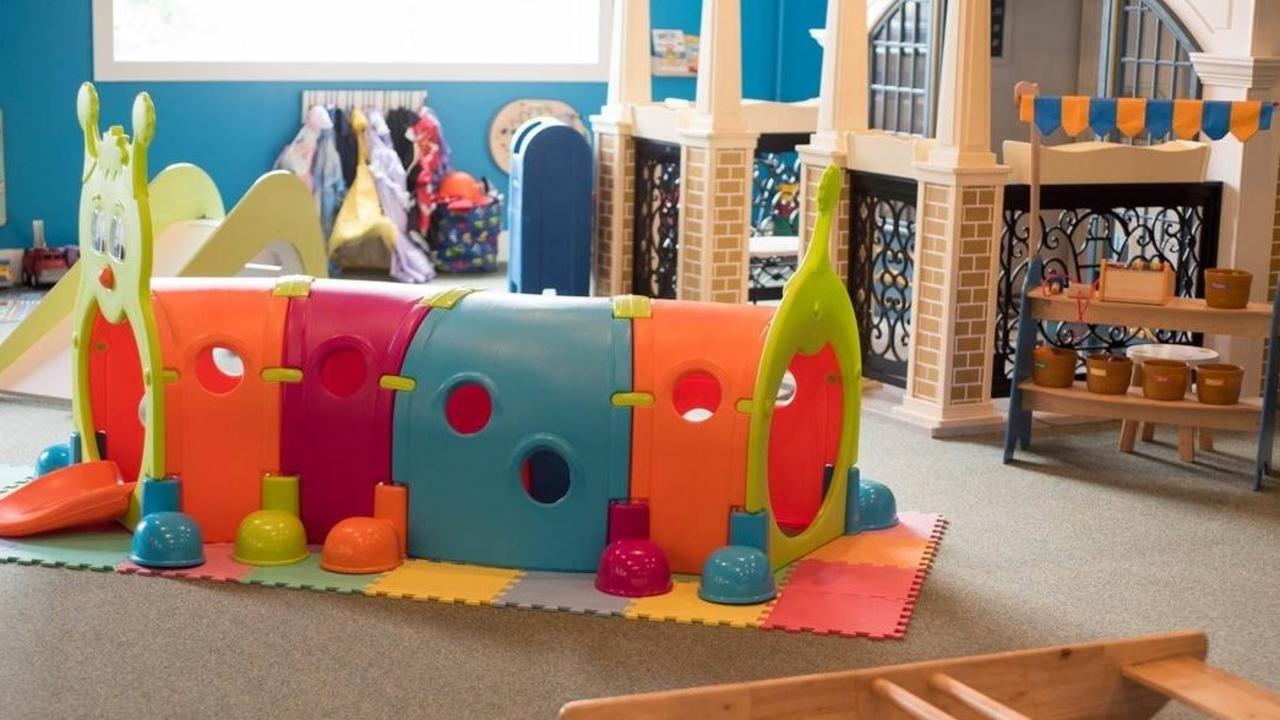Home>Articles>The Complete Guide to Starting an Organizing Business


Articles
The Complete Guide to Starting an Organizing Business
Modified: May 3, 2024
Explore how to launch a successful organizing business with expert tips on planning, marketing, and client management.
(Many of the links in this article redirect to a specific reviewed product. Your purchase of these products through affiliate links helps to generate commission for Storables.com, at no extra cost. Learn more)
There are all kinds of great business ideas, and finding the one that’s right for you can help you create a company you’re happy with. A business you enjoy also helps you do work that you find meaningful. If you like to arrange, organize, and categorize, for example, starting an organizing business can be an excellent choice. To do that, though, there are quite a few things you’ll want to consider. Here’s what you need to know when you’re planning on starting an organizing business.
Find the Right Niche to Grow In
Organizing businesses aren’t all the same, and that’s why it’s so important for you to have the right niche. Some are focused on cleaning and organizing, for example. Others might be based on organizing something specific, such as files or documents. Whether someone needs help with just one room or an entire house, it’s important to get the right person for their organizational needs. If you’re too general in what you offer, you may have more trouble launching your company.
Someone who organizes larger objects is very different from someone who’s arranging filing cabinets, and it’s important for you to choose which organizational area you’re going to focus on. Then, you can make that your niche and use that for marketing, too. There are always people needing different types of organizational support, so it’s worth taking a look at what kinds of competitors you have and how well they seem to be doing. That may help you determine the right niche.
Read more: How To Start An Insulation Business
Understand What Your Market Wants
Once you’ve found the organizing niche you’re going to focus on it’s time to take a careful look at the details of that market. That can help you see what your potential customers are most likely to want, so you can cater to them and meet their needs. By doing that you may be able to grow your business faster, and you could also get more word-of-mouth advertising from happy customers who will do a lot of your marketing for you.
To find out what your market wants you may need to do some research into what kinds of organizational pain points they have. For example, if your niche is in paperwork you could have both residential and commercial customers. They may need to be handled differently but they’re also both looking for the same thing, overall. They want to be able to find the paperwork they have, keep only what they need, and know what they have at a glance.
Create a Plan and Choose a Structure for Your Business
Next, you’ll need a good plan for your business. That includes what to call it, how to structure it, and all the little details that go into creating it. Before choosing a business structure you’ll want to understand the differences in them and which one’s right for your needs. By forming your business structure to be an LLC, for example, you can reduce your liability and protect yourself more fully.
Starting an LLC takes a little more work than a sole proprietorship, but that extra effort at the beginning can be a great way to have more peace of mind for the long term. Since you won’t be personally responsible for the legal obligations or debts of the company, you’ll be protecting yourself and creating the best chance to grow your business without putting your personal assets at risk to do so.
Along with the structure of your business, you also need to think about your overall plan, such as your financial projections, marketing goals, and service offerings. The description of your company, how you’ll handle sales, and your management and organization details all need to be considered when you’re creating a business plan. Whether you want to develop a formal business plan or something more relaxed or organic, it’s still important to put the main areas and specifics in writing.
Get All Your Permits and Licenses
Permitting and licensing can be very different from one city and state to another. You may have to register your business, and you might need more than a standard business license. Some states have licensing requirements at that level, while others leave it up to the individual cities to license businesses operating in their jurisdiction. In some states you need a business license for every city you operate in, not just the one where your business is based.
Purchase the Equipment You’ll Need
Depending on what all your organizing business offers and the type of organizational options you have for customers to choose from, you might need equipment. Even bags, gloves, and containers can be important, especially if you’re handling types of organization where you may be disposing of trash or old documents along with organizing what’s left behind. If you want to offer shredding or disposal services, or if you’re digitizing files for customers, you’ll need items for that, as well.
Read more: How To Start A Furniture Business
Market Your Brand to Encourage Growth
Marketing your brand is a great way to encourage growth. Even if you have customers who tell everyone how great you are, that’s still not going to give you the kind of reach that actual marketing can provide. Instead, you’ll need to decide how you want to market your business, where you’re going to focus your efforts, and what you want to say to potential customers. You may even want to work with influencers and create social media campaigns, as that can help you get noticed, too.
You’ll want to choose a brand name that conveys what you do, but that also sounds good to the people you’re marketing to. After all, if they don’t understand your brand, or they find your name or logo off-putting, you could end up with a business that’s not getting noticed in the ways you want it to. There’s a balance to be had between being true to yourself and giving customers what they expect when they think of a business like yours.
Hire the Right People to Increase Success
Even if you start your company with only yourself as an employee, eventually you’ll need more people to help keep it growing and accommodate all your customers. Finding and hiring the right people is extremely important when you’re doing that, because you have to work with people you can trust and rely on. From the person who answers your phones to the one who does your taxes or purchases your supplies, everyone needs to know their jobs and do them effectively.
That’s also true of anyone you hire as an additional organizer on your team, and the people who handle your social media accounts. You want to make sure you’re not posting anything that’s personal to a customer without a release from them, and you need to be sensitive to their situation. Any organizer you hire should also follow your rules for those kinds of things, and will need to take care with information they provide to others about any customer they’ve worked with.
The Bottom Line on Creating an Organizing Business
The most important thing to do when starting an organizing business is to get clear on your goals and make sure you’re moving through all the steps of business creation and development one at a time. By doing that you’ll be less likely to miss a step, which means your risk of running into problems as you form and grow your business will be less. That’s not only good news for your company’s success, but can add to your own comfort and peace of mind, as well.
By taking your time, learning about your potential market and the options you have, and understanding how to correct problems when they arise, you can be more prepared for the start of your organizing business. Then, you can move forward with confidence and enjoy helping people through the power of organization.
Was this page helpful?
At Storables.com, we guarantee accurate and reliable information. Our content, validated by Expert Board Contributors, is crafted following stringent Editorial Policies. We're committed to providing you with well-researched, expert-backed insights for all your informational needs.















0 thoughts on “The Complete Guide to Starting an Organizing Business”